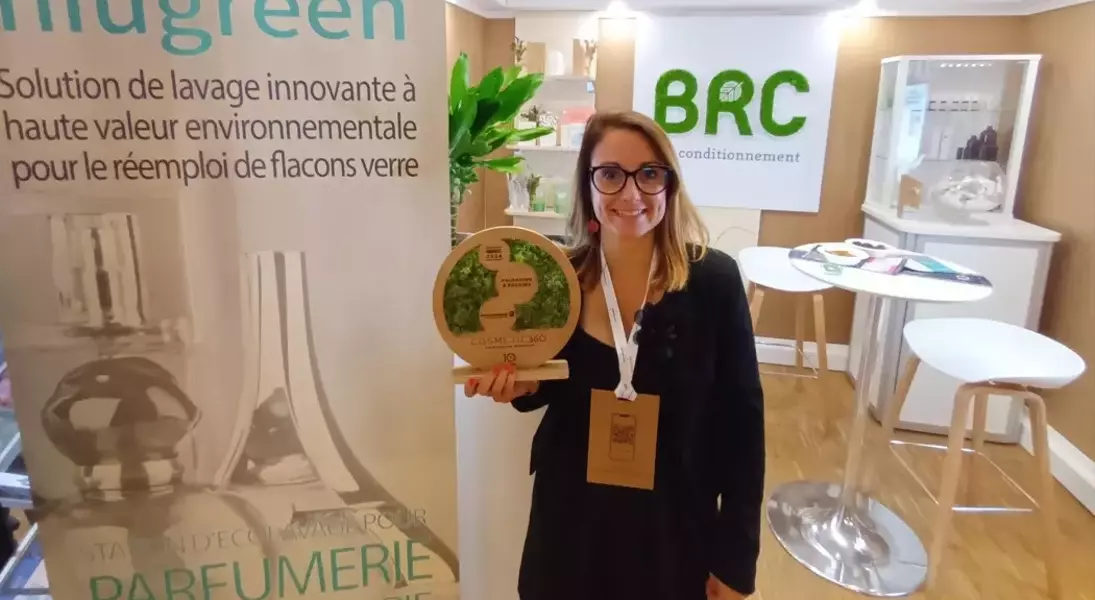
Marie Devaux, the leader of BRC, is spearheading an innovative project called Niugreen to significantly reduce the environmental impact of cosmetic packaging. This initiative focuses on reusing glass bottles for alcohol-based products such as essential oils and perfumes. By employing advanced cleaning technologies that do not require water, Niugreen aims to offer a more sustainable alternative to traditional recycling methods. The company has partnered with the École des Mines d'Albi to develop a unique supercritical CO2 cleaning process, which effectively removes physical particles and odors from inside the bottles. This technology not only addresses ethical concerns but also overcomes practical challenges associated with conventional washing techniques. Additionally, the project utilizes CO2 derived from organic waste, further enhancing its eco-friendly credentials.
Niugreen represents a strategic shift towards reducing the environmental footprint of cosmetic products. The project targets the reuse of glass bottles containing alcohol-based substances like essential oils and perfumes. These containers need thorough cleaning and deodorization before they can be reused. To achieve this, BRC collaborated with the École des Mines d'Albi to explore non-aqueous cleaning solutions. They ultimately opted for supercritical CO2 technology, which diffuses gas into the bottle to absorb physical particles and odor-causing molecules. This patented diffusion method cleans approximately 4000 bottles per hour, ensuring efficient processing.
The cleaning process involves two stages. Initially, bottles are placed in an autoclave where internal cleansing occurs through supercritical fluid. Following this, external cleaning is performed using cryogenic CO2, creating a mechanical action similar to sandblasting without damaging the glass. Importantly, the CO2 used comes from the methane produced by organic waste, highlighting the circular nature of the operation. Only 8% of the CO2 is released, with plans to recapture it via a green roof system at the facility.
The Niugreen project offers substantial environmental benefits compared to recycling. According to lifecycle analysis, reusing a 150ml glass bottle results in a 72% reduction in CO2 emissions. Moreover, this approach bypasses aesthetic issues associated with recycled glass. Brands looking to minimize their product’s environmental impact will find this solution appealing, especially given regulatory requirements mandating the recovery and reuse of 10% of packaging by 2030. The entire cycle, from collecting bottles in selective distribution networks to preparing them for reuse, involves collaboration with APAJH, providing employment opportunities for individuals with disabilities. Currently in the testing phase, Niugreen plans to launch its pilot program handling 400 units per hour, with full-scale operations set to begin in September 2026 in Tarn.
BRC's Niugreen project marks a significant advancement in sustainable packaging practices. By focusing on the reuse of glass bottles for alcohol-based products, it addresses both environmental and regulatory challenges. The innovative use of supercritical CO2 technology ensures effective cleaning without water, while the source of CO2 from organic waste adds another layer of sustainability. With potential economic and social benefits, including job creation for people with disabilities, Niugreen stands out as a comprehensive solution for reducing the environmental footprint of cosmetic packaging.
